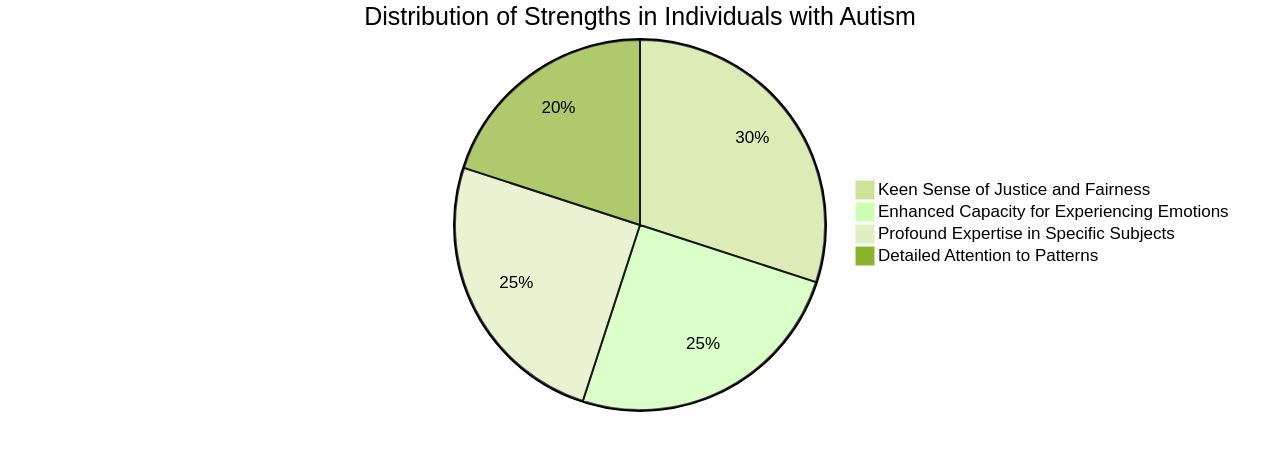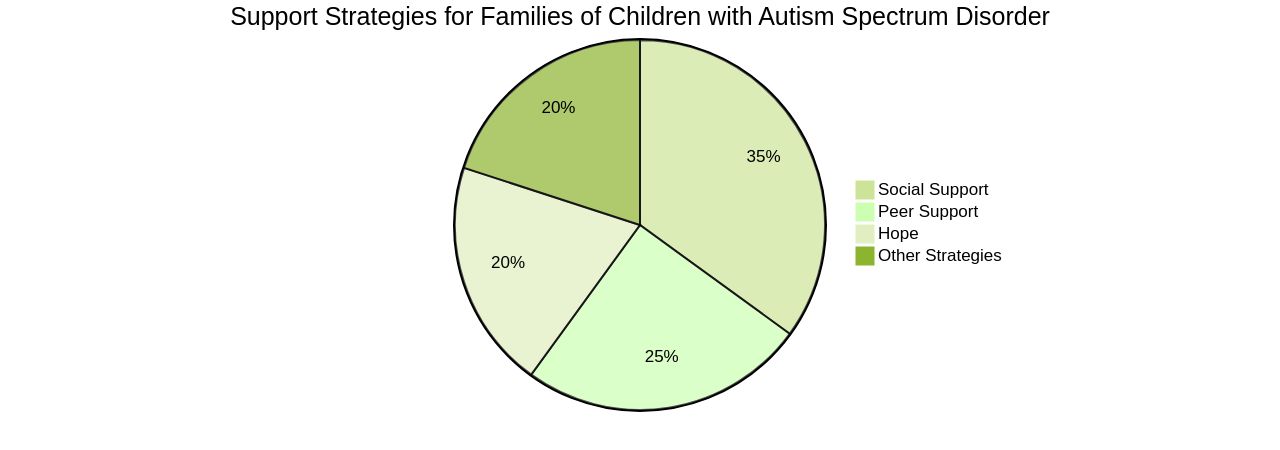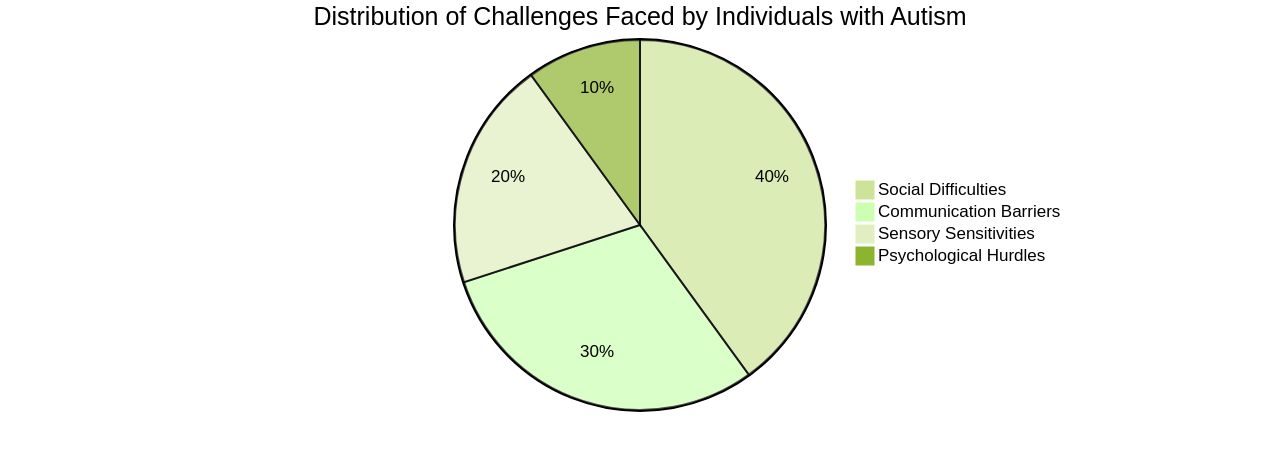Introduction
Autism Care Therapy, also known as Applied Behavior Analysis (ABA), is a holistic approach that addresses the specific needs of individuals with autism. This evidence-backed therapy utilizes principles such as reinforcement, prompting, and shaping to promote positive behaviors and reduce challenging ones. By providing rewards, guidance, and gradually building complex behaviors, Autism Care Therapy offers an effective way to improve outcomes for individuals with autism.
In this article, we will explore the key strategies and benefits of Autism Care Therapy. We will delve into the importance of effective support, collaboration, and communication in enhancing therapy outcomes. Additionally, we will discuss the challenges faced by individuals with autism and the importance of addressing these challenges while celebrating their progress. Through understanding and empowering individuals with autism, we can create a more inclusive and supportive society.
Understanding Autism Care Therapy
Autism Care Therapy, often referred to as Applied Behavior Analysis (ABA), is a holistic, evidence-backed approach that caters to the specific needs of each person with autism. The therapy revolves around principles such as reinforcement, prompting, and shaping to foster positive behaviors and reduce challenging ones. By providing rewards for desired behaviors (reinforcement), offering guidance for performing a behavior (prompting), and gradually building complex behaviors from smaller steps (shaping), this therapy offers an effective way to improve outcomes for those with autism.
This tailored approach is initiated with an in-depth evaluation by a Board Certified Behavior Analyst (BCBA). The assessment forms a foundation for setting precise, measurable objectives for the individual. As therapy progresses, strategies are continuously adjusted according to close monitoring, thus offering a flexible and responsive support system.
While numerous programs are available for children with autism, especially for preschool-aged children, the awareness and availability of these programs vary widely. Additionally, despite the availability of outcome data for some programs, comprehensive empirical studies comparing different intervention programs are scarce. This underscores the need for additional research, particularly for programs targeting children from birth to age 3.
Autism Care Therapy not only addresses challenges but also identifies and leverages strengths often seen in individuals with autism. These strengths can

range from a keen sense of justice and fairness, an enhanced capacity for experiencing emotions such as joy and wonder, a detailed attention to patterns, and profound expertise in specific subjects.
The ultimate aim of this therapy is to improve communication skills, enhance social interactions, manage sensory issues, and promote independence. It is a partnership journey involving therapists, families, and the individual with autism, where open communication is key to working towards shared objectives. Real-life success stories highlight the transformative power of Autism Care Therapy, reinforcing its significant impact on improving behavior, communication, and social skills in individuals with autism.
The Importance of Effective Support
Autism Spectrum Disorder (ASD) brings unique challenges that necessitate specific care and almost exclusive dedication from caregivers. This involves not just time and energy, but emotional resilience as well. Nevertheless, effective support strategies - which include social support, peer support, and instilling hope - have the power to alleviate distress, promote family well-being, and bolster family functioning. These strategies also provide a hopeful outlook for the future, aiding families in adapting during times of crisis.
Parent involvement is a key component in autism care therapy programs, such as the UCLA Program for the Education and Enrichment of Relational Skills (PEERS®) for Preschoolers, which has witnessed positive outcomes. Parents have reported increased social skills and confidence in their children, and they themselves have felt more positive, supported, and have gained a deeper understanding of their child's development.
However, it's crucial to acknowledge a recent extensive meta-analysis led by Micheal Sandbank, PhD, which reveals that many studies in the field of early autism care are of low quality and often dictate intervention recommendations and patient outcomes. This underscores the need for practitioners to be more transparent with families about the evidence landscape and potential negative impacts of interventions.
Moreover, there's a professional consensus about crucial aspects of treatment like intensity, family involvement, and focus on generalization. However, there's a research gap when it comes to comparing various intervention programs. Therefore, it's fundamental for practitioners to understand the specific needs of autistic patients and not automatically refer them to often unavailable specialists.
In essence, effective support is not merely crucial, but transformative in enhancing the outcomes of Autism Care Therapy. It plays a significant role in helping individuals with autism reach their full potential and improve their overall quality of life. This can be achieved by offering individuals with autism the necessary tools, strategies, and resources to navigate their daily lives and develop essential skills. Building a supportive network is likewise important, providing guidance, encouragement, and resources throughout the therapy journey. Furthermore, collaboration between parents, professionals, and therapists can lead to more effective outcomes and better overall results for individuals with autism, ensuring that the individual receives the best possible care and support. Finally, practical support strategies can further enhance the outcomes of Autism Care Therapy.
Strategies for Effective Support
Optimizing Autism Care Therapy involves a strategic approach, a crucial aspect of which is cultivating a consistent and predictable environment. This can be achieved by establishing a regular routine, setting clear expectations, and effectively using visual schedules, thereby providing a sense of security and comfort for individuals with autism, leading to enhanced therapy outcomes.
Visual supports such as visual schedules, social stories, and cues significantly contribute to therapy enhancement. These supports offer a visual representation of information, routines, and expectations, especially beneficial for those who struggle with verbal communication and understanding abstract concepts. They have been found to improve communication skills, increase independence, and reduce anxiety levels in individuals with autism.
Another key strategy is the enhancement of communication and social interaction. Effective techniques include social skills training, peer modeling, and structured play. Social skills training focuses on teaching essential skills for effective communication and social interaction, often involving role-playing, instruction, and feedback. Peer modeling allows individuals with autism to learn by observing and imitating their peers who demonstrate appropriate social behavior. Structured play provides opportunities to practice social skills in a supportive environment. These strategies have shown promising results in improving social skills and fostering meaningful connections for individuals with autism.
Lastly, positive reinforcement is a powerful tool in Autism Care Therapy. It utilizes rewards, praise, and incentives to reinforce positive behaviors and increase therapy engagement. Providing rewards and praise for desired behaviors encourages their repetition, thereby shaping and strengthening positive behaviors and reducing negative ones. This approach has been effective in improving communication, social skills, and overall functioning in individuals with autism, emphasizing building on strengths and promoting positive development.
Collaboration and Communication
Autism Spectrum Disorder (ASD) is a complex condition that often necessitates specialized care from families. It's not uncommon for a family member to devote their personal or professional life to the child. However, the stress associated with this can be alleviated through social support, peer support, and fostering hope. These strategies not only provide emotional support and facilitate information exchange but also strengthen family functioning and reduce collective stress

.
Despite the high prevalence of autism in certain countries, access to services and support is often limited. The Lancet Commission emphasizes the urgent need for collaboration between healthcare and other sectors, such as education, to bridge this gap. Personalized programs that take into account the preferences, needs, and costs borne by families and their autistic children are vital. It's unacceptable for anyone to wait excessively for interventions that could enhance their life quality.
Dr. Hannah Schertz's research underscores the significance of early intervention, with parents playing a central role, to bolster social communication in toddlers at risk of autism. This focus on social communication is because it's the primary challenge in autism and is pivotal for future language competency.
Therapies can boost communication skills, ameliorate social interactions, manage sensory issues better, and foster independence. However, Micheal Sandbank's comprehensive meta-analysis reveals that many low-quality studies influence intervention recommendations and patient outcomes. This necessitates better communication with families and monitoring for potential adverse effects.
Recognizing and leveraging abilities common to autism, such as a strong sense of justice and fairness, heightened capacity for feeling emotions like joy and wonder, and keen attention to detail and patterns, is crucial. Practitioners can adapt their communication styles for autistic patients by setting clear expectations for eye contact, asking direct questions, and rephrasing questions to facilitate understanding.
The power of collaboration in Autism Care Therapy cannot be overstated. It incorporates parents, professionals, and therapists into the therapy process, leading to improved communication, a more holistic approach to therapy, and a better understanding of the individual's needs. Collaboration also facilitates the sharing of expertise, resources, and knowledge, thereby enhancing therapy effectiveness.
Moreover, effective communication strategies are essential in Autism Care Therapy. Clear and open communication between parents, professionals, and other support systems ensures consistent and coordinated support for individuals with autism.
Lastly, building a supportive network in Autism Care Therapy involves fostering collaboration between parents, professionals, and other support systems. This network offers guidance, resources, and encouragement throughout the therapy journey, leading to better understanding, shared goals, and improved outcomes for individuals with autism.
Addressing Challenges and Celebrating Progress
Supporting individuals with autism can be an arduous journey, strewn with challenges. Yet, it's essential to tackle these challenges head-on. For instance, the radiology department at Cork University Hospital in Ireland created an autism-friendly patient experience, reducing the imaging study duration for children with autism. This successful initiative underscores the importance of understanding the unique needs of individuals with autism and adapting environments to meet these needs

.
Investments in personalized early intervention can lead to significant enhancements in expressive language, social communication, and daily living skills for autistic individuals. Evidence shows that children receiving intervention around 18 months of age make more significant progress than those beginning therapy later, emphasizing the importance of early diagnosis and intervention.
However, the journey extends beyond childhood. As autistic children transition into adulthood, they may encounter psychological and societal hurdles. Identifying and leveraging their unique strengths and abilities, such as a strong sense of justice, attention to detail, and deep expertise in specific subjects, is vital.
While every step forward is valuable, it's equally essential to celebrate the milestones along the journey. Every achievement, regardless of its size, contributes to the overall progress and development of individuals with autism. Recognizing and celebrating these achievements can positively impact their motivation, self-esteem, and overall well-being.
Autism is an integral part of our everyday lives, affecting an estimated 5,437,988 adults in the United States. The way we support and empower these individuals reflects our society's inclusivity and fairness. Let's persist in showing respect, support, and empowerment to children and adults with autism, enriching our lives every day.
Moreover, therapy programs focusing on promoting positive behavior in individuals with autism, such as the one available for a subscription fee, can offer practical techniques for reinforcing desired behaviors, managing challenging behaviors, and creating a supportive and structured environment. Overcoming communication barriers in therapy, through the use of visual supports and alternative communication methods, can enhance therapy outcomes and make the journey smoother.
Conclusion
In conclusion, Autism Care Therapy, also known as Applied Behavior Analysis (ABA), is a holistic and evidence-backed approach that focuses on addressing the specific needs of individuals with autism. By utilizing principles such as reinforcement, prompting, and shaping, this therapy aims to promote positive behaviors and reduce challenging ones. Through tailored evaluation and continuous adjustment of strategies, Autism Care Therapy offers an effective way to improve outcomes for individuals with autism. It not only addresses challenges but also identifies and leverages the unique strengths often seen in individuals with autism. The ultimate goal of this therapy is to enhance communication skills, improve social interactions, manage sensory issues, and promote independence. Collaboration between therapists, families, and individuals with autism plays a crucial role in achieving these objectives. By understanding and empowering individuals with autism through effective support strategies and communication, we can create a more inclusive society.
In a broader context, the importance of effective support for individuals with autism cannot be overstated. It not only alleviates distress and promotes family well-being but also strengthens family functioning and reduces collective stress. Building a supportive network that involves collaboration between parents, professionals, and therapists enhances the outcomes of Autism Care Therapy. Additionally, recognizing the abilities common to autism, such as a strong sense of justice and fairness, heightened capacity for emotions like joy and wonder, attention to detail, and patterns is crucial in adapting communication styles for autistic patients. Addressing challenges faced by individuals with autism while celebrating their progress contributes to their overall development and well-being. By persistently showing respect, support, and empowerment to children and adults with autism, we can create a more inclusive society that enriches all our lives.




